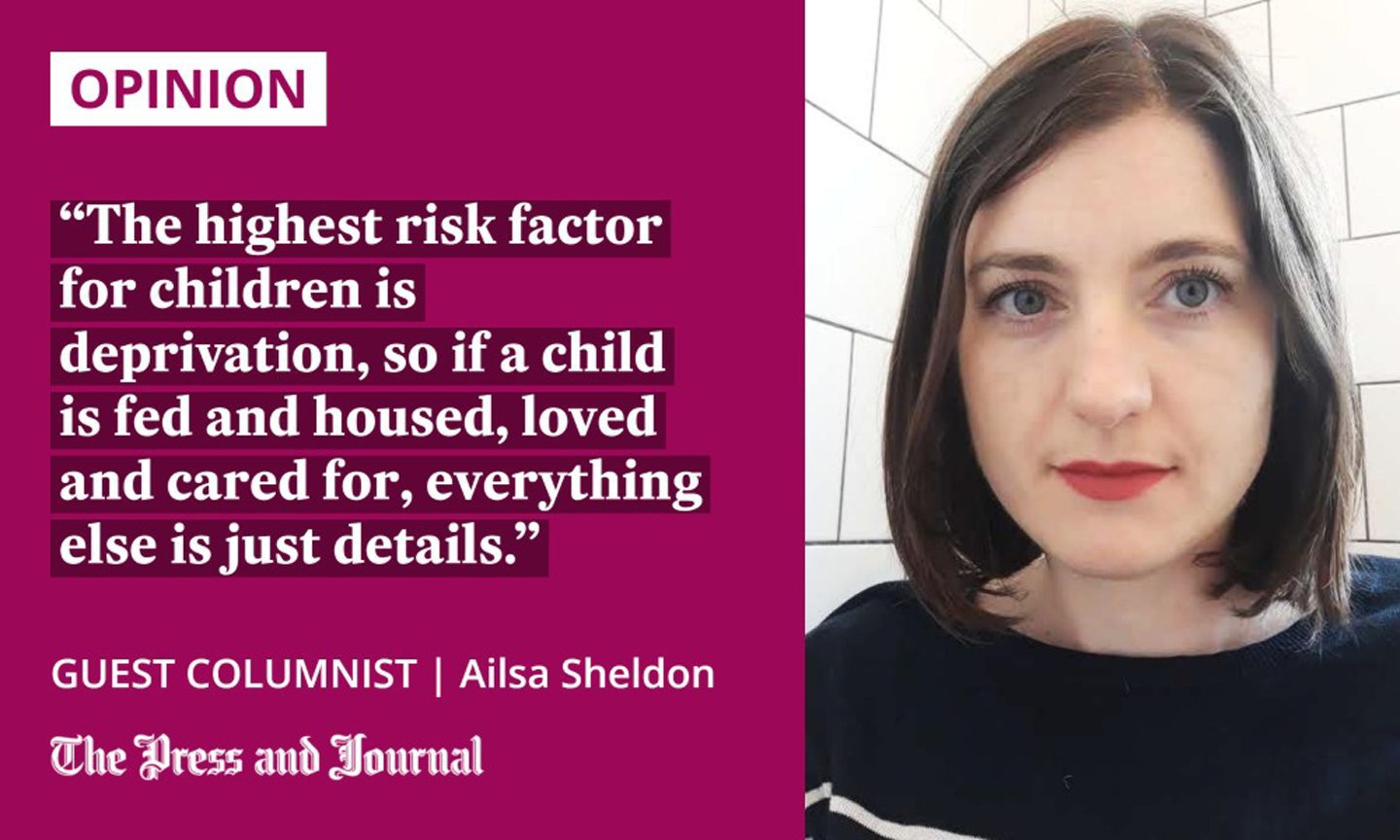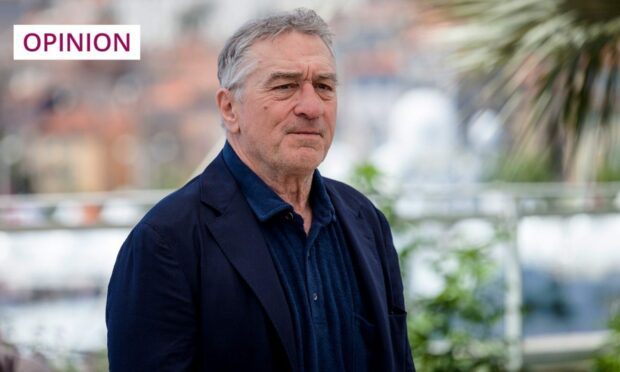Every time a celebrity gives birth, there’s a flurry of media responses, opining on the age of the mother with mock concern.
Currently it’s Hilary Swank (twins at 48), and Tiffany Chen, the 45-year-old partner of Robert De Niro (79). Younger mums get it, too. Love Island’s Molly-Mae Hague who gave birth at 23 was shamed for being “far too young”.
Last week, ITV’s Good Morning Britain invited a younger and older mother to “debate” their pregnancy choices. Both presenters, themselves older parents, joined in the pile-on against the outnumbered younger mum.
Isn’t it time we stopped looking at when, how and if you have children as some kind of moral issue with one right answer? Let’s stop pretending it’s a choice everyone has complete control over, too.
Motherhood in Scotland is changing, that’s indisputable. Over the last three decades, the country’s birth rate has fallen by 30% – faster than in the rest of the UK. On average, maternal age is increasing. For the last recorded year, 59% of birthing mothers were 30 or older.

In 1991, women aged 25 to 29 gave birth to the most children (36% of total births). In 2020, that figure was 13%. In the 20 to 24 age bracket, the number of births halved.
Teenage pregnancy is at its lowest level since records began, down 76% since 1991. Across the same period, the number of women over 40 who gave birth increased 188%, reflecting a significant societal change.
It’s no surprise that few young women are choosing to have children. Even if you feel ready, the cost-of-living crisis, the gender pay gap, climate change and the lack of affordable childcare are enough to give serious pause for thought.
‘Stigma, judgment and discrimination’
Being a young parent isn’t easy, and discrimination remains an issue. Parents who contributed to the research for the Scottish Government’s Pregnancy and Parenthood in Young People Strategy experienced “stigma, judgment and discrimination, both during pregnancy and as a young parent, from a range of people including trusted professionals”.
My good pal has a six-year-old son and two daughters in their late teens. When her older children come up in playground conversations, other parents do “the maths face”: intently studying her to try to calculate how old she was when she became a parent. She was also treated very differently in healthcare settings throughout her pregnancies. “At 20, I was very much spoken over,” she says.
I, too, have been a parent for almost all my adult life. I had my eldest son at 22, and last week he turned 15 (your turn to do the maths face). The uterus police might give me a gold star for my early, healthy pregnancies, but being a young mum has had its challenges.
I was still a student when my son was born and, by the time he was two, he’d had six addresses. For a long time, I was on a different track to friends my own age – changing nappies while they were partying (though, today, the tables have turned).
Parenting can be a great equaliser
The thing is, it really doesn’t matter. The highest risk factor for children is deprivation, so if a child is fed and housed, loved and cared for, everything else is just details.
If you let it, parenting can be a great equaliser. Over the last decade and a half, I’ve made brilliant friends with other parents of all ages and backgrounds, and they have richly enhanced my parenting years. We’ve grappled with childcare and sleepless nights, and shared in the joys of bringing up brilliant young people.
Parenting is a tough gig at any age. The best thing we can do is be supportive and inclusive of all families
Older parents might be more financially stable, younger mums might have easier pregnancies, but, really, there are no guarantees. There’s no one correct adult timeline, and no perfect route to parenthood, or obligation to parent at all. Pretending otherwise is toxic and damaging.
Parenting is a tough gig at any age. The best thing we can do is be supportive and inclusive of all families. Judging parents in any stage of life serves no one: we’re all winging it and doing our best to bring up the next generation.
Ailsa Sheldon is a Scottish freelance journalist


Conversation